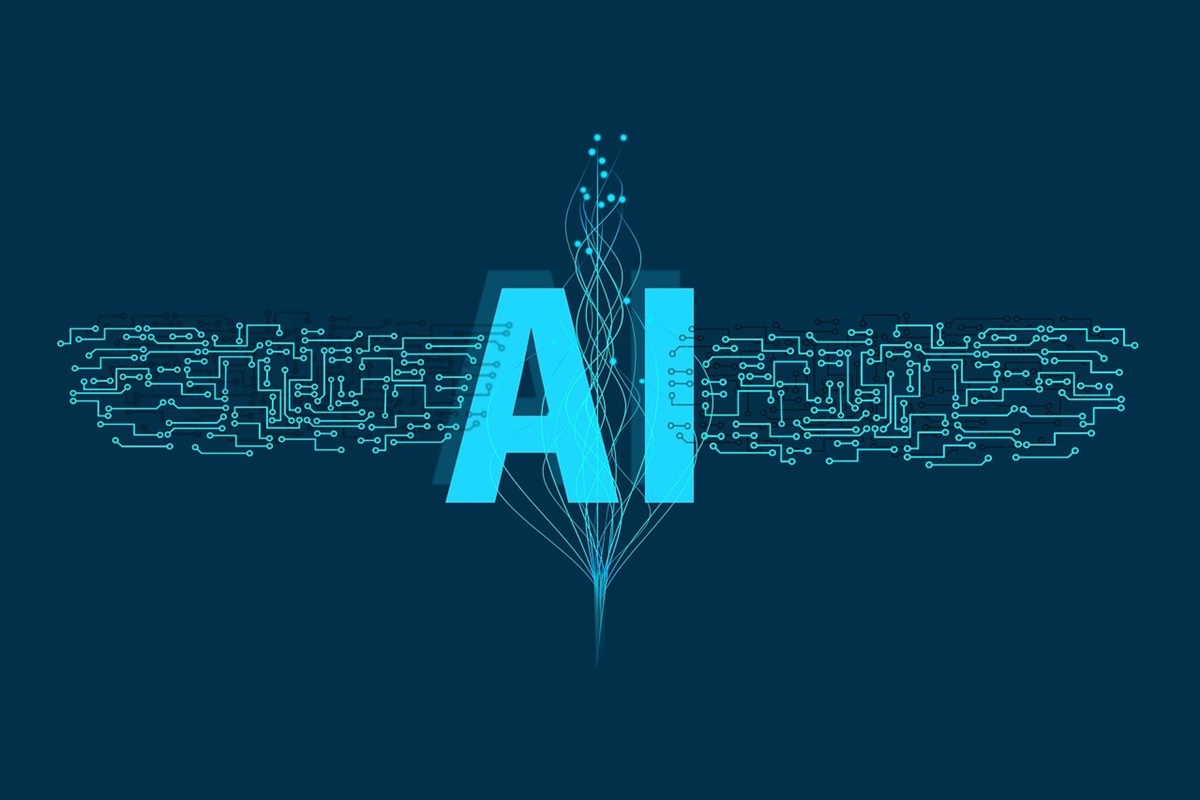Rakuten plans to launch its proprietary language model of artificial intelligence.

Hiroshi Mikitani, CEO of the specified Japanese company, announced the mentioned intention during a conversation with media representatives. Currently, this fintech and e-commerce giant is planning to join technology firms that develop machine intelligence systems and products based on it.
Hiroshi Mikitani says that his company is working on creating a large language model. In this case, it means huge algorithms trained based on data arrays that have become something like the driving force for artificial intelligence apps such as OpenAI ChatGPT.
Mr. Mikitani noted that currently Rakuten’s business consists of many areas of activity, including banking, e-commerce, telecommunications, and others. The head of the company noted that such versatility allowed the firm to generate huge arrays of unique data that can be used to train its large language models. Hiroshi Mikitani says that no one else has such a set of information materials.
The head of Rakuten said that his company plans to use its artificial intelligence model as part of internal processes to increase operational efficiency and marketing by 20%. He also announced plans to offer this development to other firms, copying similar practices of business giants, including, for example, Amazon or Microsoft.
Hiroshi Mikitani talks about the possibility of easily training Rakuten’s AI model to certain activity algorithms. He stated that his company intends to offer other firms platforms on which they can use this artificial intelligence configuration.
Mr. Mikitani said that Rakuten will introduce a new product within the next few months. The representative of the company clarified that there is currently no exact launch date for the expected development, specifying that a large language model may be presented shortly.
Currently, major players in the advanced technology industry are actively developing and launching their artificial intelligence configurations. Similar efforts are being made by American companies OpenAI, Amazon, and Google. Chinese firms Baidu, Alibaba, and Tencent are also implementing relevant projects.
In the context of the development of advanced technologies, Japanese companies are slightly behind the average pace of this activity at the global level. However, these firms are currently demonstrating a willingness to work hard to gain their share in the relevant industry. For example, the NTT telecommunications group stated this month that access to its large language model will be opened in March next year. SoftBank’s telecommunications unit announced in November the commissioning of a computing platform based on generative artificial intelligence.
Japanese companies have a chance to create large language models in their native language. In this case, firms gain a local advantage over competitors from China and the United States.
Hiroshi Mikitani is convinced that the introduction of artificial intelligence will provide his company with huge profit growth.
Noriyuki Kojima, co-founder of the Japanese startup Kotoba Technology, says that the Asian country’s current positions in the sphere of artificial intelligence, which cannot be described as leadership, are largely the result of comparative shortcomings in deep learning and large-scale software development. According to him, deep learning requires a reliable community of software engineers who will create the necessary infrastructure and apps. At the same time, data from the Ministry of Economy, Trade and Industry of Japan indicate that this country will face a shortage of 789,000 specialists in the relevant area by 2030.
In the specified state also encountered hardware problems. AI models should be trained using supercomputers with artificial intelligence. Japan, as reported by local media, does not yet have its own world-class similar machines. Noriyuki Kojima says that government-controlled supercomputers such as Fugaku can pave the way for the creation of large language models. Tokyo Institute of Technology and Tohoku University have already announced plans to use Fugaku for the specified purpose.
The results of the Teikoku Databank survey indicate that the growth of activity of Japanese companies in the development of generative artificial intelligence coincides with a positive position on the introduction of advanced technologies in various industries. In Japan, more than 60% of firms have a positive attitude towards the use of AI in their activities. At the same time, 9.1% of companies have already applied artificial intelligence.
As we have reported earlier, Google Opens Access to AI Model Gemini.









